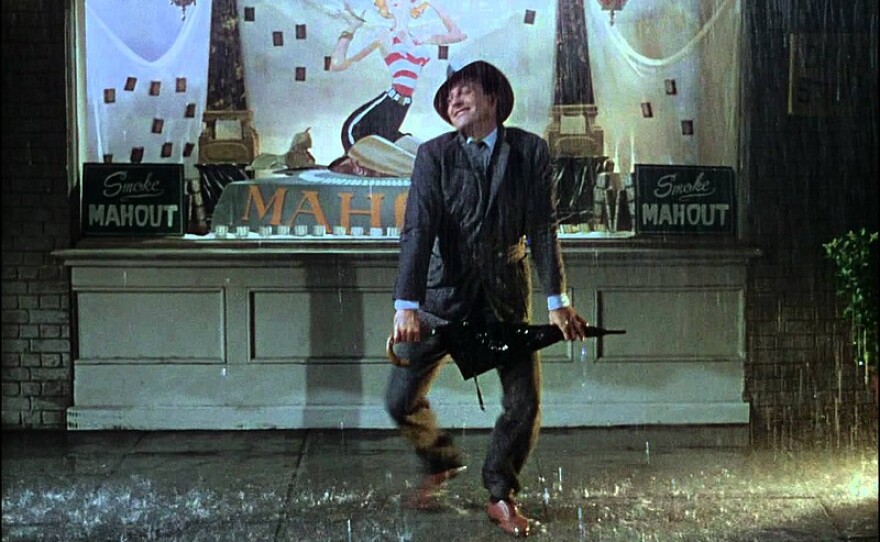Cinema Junkie Podcast goes Mad About Musicals as Turner Classic Movies launches new online film class.
TCM is once again acting like a benevolent educational institution rather than a cable network and offering up another free online class, this time focused on musicals.
Mad About Musicals will be TCM’s fourth annual Massive Open Online Course (MOOC) and will run concurrently with TCM programming and take participants through the history of the musical.
Although the course officially launched June 3, you can register any time online up until June 17.
More than 44,000 people enrolled in TCM’s past three classes on topics such as film noir and Alfred Hitchcock.
This time the free, month-long multimedia course will explore the musical’s place in cinematic history. Course lessons will include movie clips from Dr. Vanessa Theme Ament, a successful Hollywood Foley artist and Endowed Chair of Telecommunications at Ball State University. Plus interviews with guests such as Academy Award-winning sound designer Gary Rydstrom, discussing sound in the Hollywood musical, and with film scholar Richard Edwards examining the connection between musicals and melodrama.

TCM says is it always looking for ways to create immersive experiences so fans can engage with TCM on a deeper level. These online classes are one of those ways.
I have always had a love-hate relationship with musicals. I adore most of the MGM musicals and anything with Gene Kelly but I have issues with some later musicals like "The Sound of Music," but maybe that’s in part because it played for more than three years here in San Diego at the Loma Theatre and it started to become an annoyance.
But later films such as "A Hard Day’s Night," "Cabaret," "Godspell" and "Jesus Christ Superstar" proved that the genre could evolve and reinvent itself.
For this podcast, I will speak with TCM on-air host Alicia Malone as well as Vanessa Theme Ament, a veteran Foley artist as well as the endowed chair in the telecommunication department at Ball State University.
At first, I had a hard time figuring out how Theme Ament went from doing Foley work on films such as "Die Hard" and "Predator" to teaching a class on musicals. But then when I looked over her course syllabus it made me realize that the musical was born with the advent of sound in movies. So suddenly her expertise seemed surprisingly fitting.
In this podcast, you will not only learn about musicals but also about exactly what a Foley artist does.


